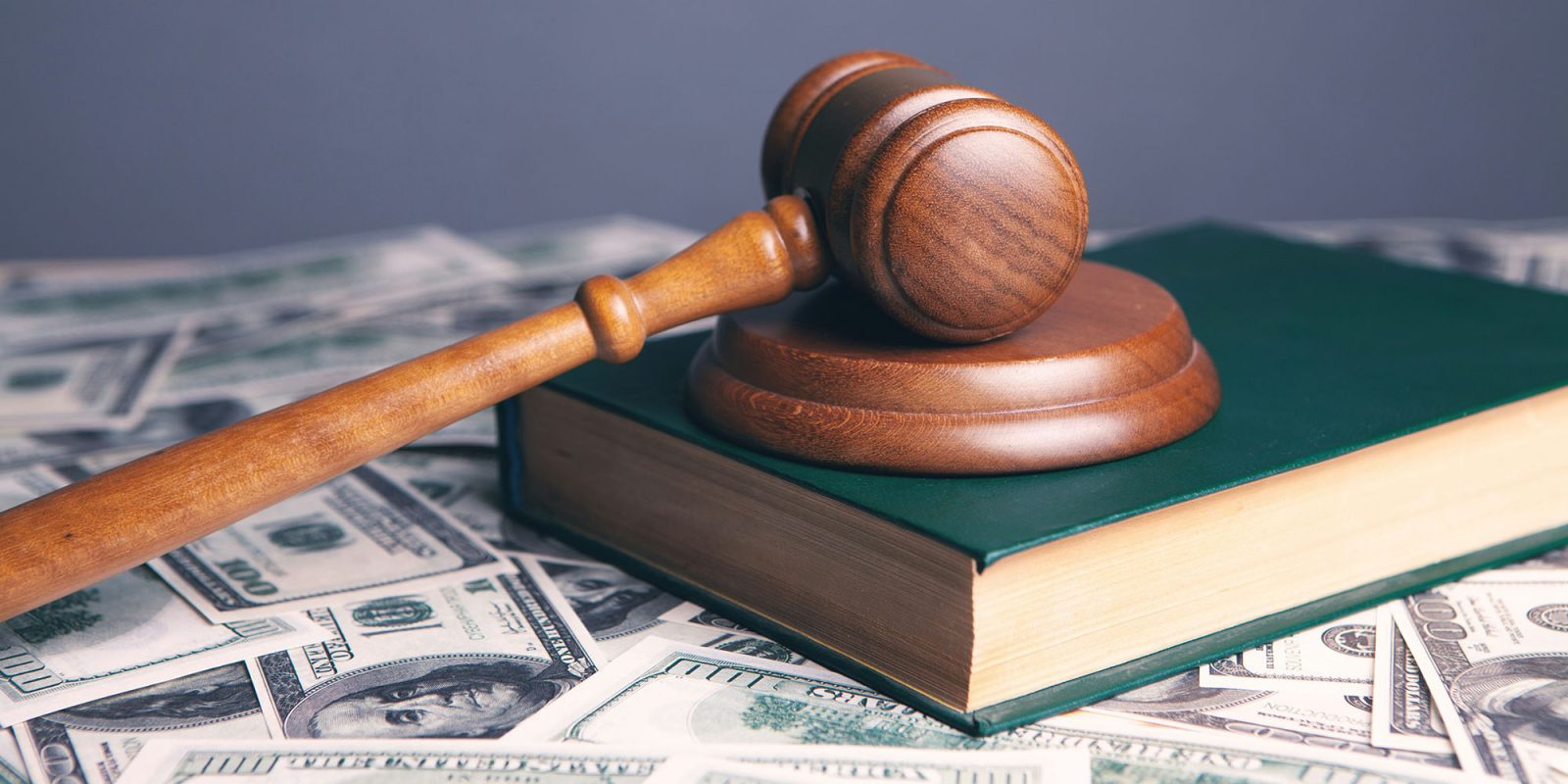

The Apple Watch ban which yesterday saw the Series 9 and Ultra models removed from sale may not be the last.
A Stanford law professor warns that we are likely to see more patent clashes between the consumer electronics and health tech worlds, and that the results can be both unpredictable and dramatic …
A quick recap on the Apple Watch ban
Back in 2013, Apple reportedly contacted health tech company Masimo to discuss a potential collaboration between the two companies. Instead, claims Masimo, Apple used the meetings to identify staff it wanted to poach. Masimo later called the meetings a “targeted effort to obtain information and expertise.”
Apple did indeed hire a number of Masimo staff, including the company’s chief medical officer, ahead of the launch of the Apple Watch.
Masimo CEO Joe Kiano later expressed concern that Apple may have been trying to steal the company’s blood oxygen sensor technology. The company describes itself as “the inventors of modern pulse oximeters,” and its tech is used in many hospitals.
In 2020, the company sued Apple for stealing trade secrets and infringing 10 Masimo patents. The lawsuit asked for an injunction on the sale of the Apple Watch. That court ruled against Apple on one of the claims.
The International Trade Commission (ITC) subsequently upheld this ruling, which imposed a ban on the import and sale of Apple Watches. That ban doesn’t officially take effect until December 25, but Apple decided to withdraw the devices from sale ahead of the deadline – and yesterday did just that.
There are still four potential ways the Watches could go back on sale, but there’s as yet no sign of this happening.
This ban may not be the last
A piece in the Financial Times says that this is unlikely to be the last patent clash between two different worlds, which are increasingly converging: consumer electronics and health tech. The paper’s Richard Waters likens it to what happened with the first smartphones.
The case is a dramatic demonstration of the collision of different IP regimes when digital technology moves into new markets. In the early days of smartphones, the convergence of mobile communications and computing produced a barrage of lawsuits between computing companies such as Apple and Google on the one hand, and mobile technology companies including Nokia and Motorola on the other. Much the same is now happening on a broader front as mobile computing invades markets including healthcare, where medical device companies have their own IP moats.
Stanford University law professor Mark Lemley argues that these battles have the potential for similar high-stakes outcomes in future.
Cases such as this have become “a very expensive game of chicken” because the final result is hard to predict and can have a very dramatic result, says Lemley.
One reason for this is that, while courts have a range of sanctions open to them when they find a patent has been infringed, the International Trade Commission (ITC) has only one: banning the products from the US.
Contrasts with AliveCor outcome
The unpredictability of such cases is underlined by a near-identical case where the Apple Watch Series 8 and Ultra were almost banned.
Exactly as with Masimo, AliveCor showcased some of its health tech to Apple, hoping to secure a partnership agreement. And again, that partnership never materialized, and Apple launched the tech on its own.
AliveCor claimed that the ECG sensor in Apple Watches infringed on its own patents, and the ITC upheld the claim – meaning that the Apple Watch Series 8 and Ultra models could have been banned.
But Apple successfully applied to have all three patents declared invalid, and the ITC duly upheld that ruling, so the Apple Watch ban never took effect.
Photo: Sasun Bughdaryan/Unsplash
FTC: We use income earning auto affiliate links. More.






